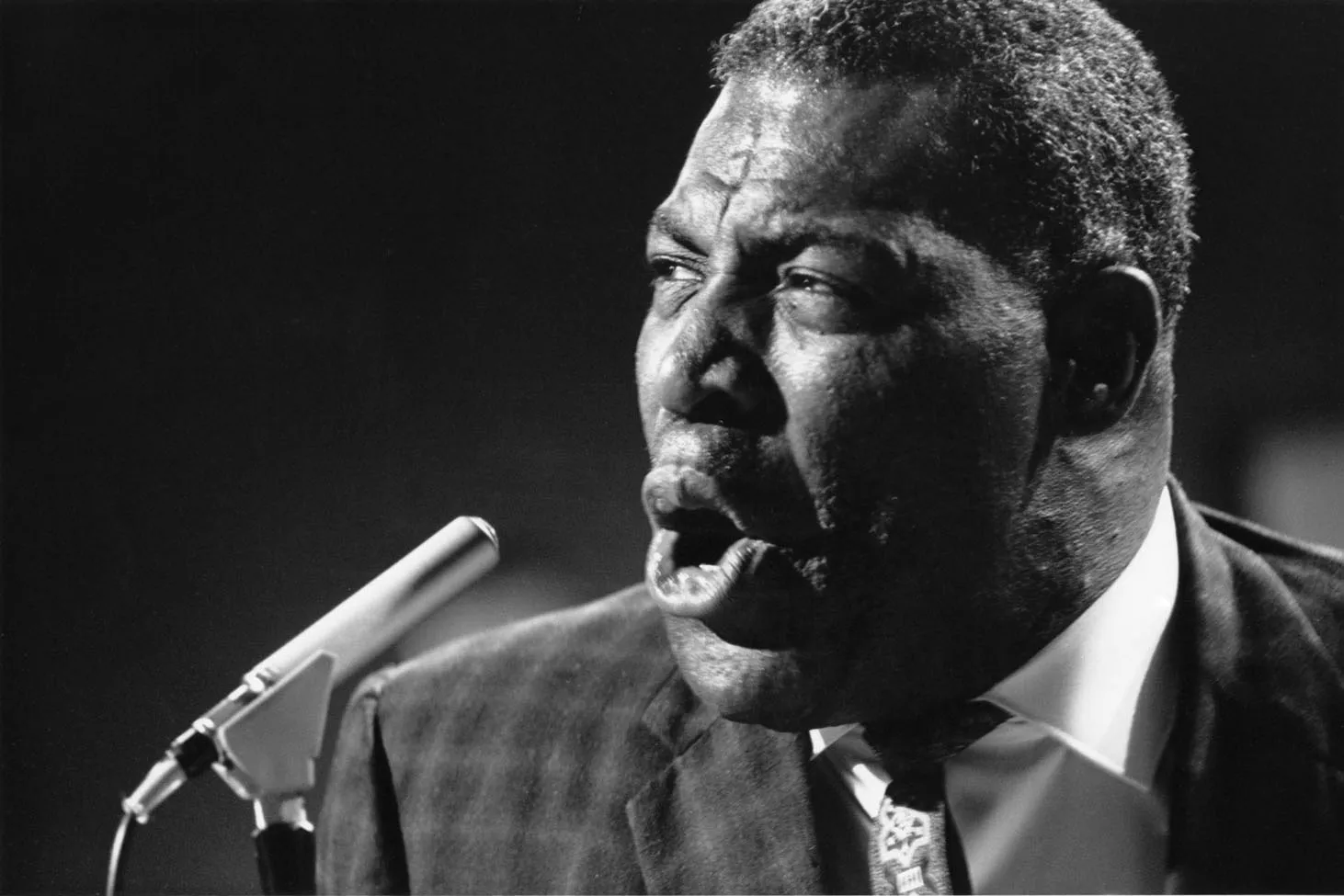ATW Music

“The true beauty of music is that it connects people. It carries a message, and we, the musicians, are the messengers.”
Roy Ayers
Intent
In music, our key principle is to provide all pupils with the skills and knowledge they will need to arrive in KS3 with a zest for music. We also acknowledge the power of music to enhance the lives of our children in the future, even if they do not choose to pursue it academically. We seek to promote a lifelong love of the subject and expect that our children will be excited to perform, read and even compose music.
All pupils at schools within PAT are entitled to high-quality and engaging music lessons and an exciting and varied array of musical opportunities. With these two aspects embedded, we provide music students with the ideal toolkit to excel in the future.
Implementation
Our curriculum is primarily split into three different strands namely performing, composing, and listening. All key concepts are taught across these three strands so that knowledge is embedded in a variety of ways. Pupils are able to demonstrate meaning of words both literally and musically. Schemes of work are sequenced in a logical manner for KS1 & 2 including as many different forms, genres, styles, instruments, songs or pieces as we can practically manage within each school.
The initial scheme of work is centred around ‘Charanga’, an online based curriculum with resources for each teacher to tailor to their individual skill set. This is then adapted as the teachers see fit to suit each school’s separate resources and circumstances. Basic instrumental performing and composing and the embedding of musical keywords for listening and analysis are all included here. Pupils embark on what might be described as a ‘musical journey’, learning about both Western musical styles and other styles from around the world. This develops an understanding of the place of music in different cultures and contexts, and teaches pupils to reflect on how music is used in the expression of personal and collective identities.
During each topic, pupils will learn key musical concepts and these are sequenced so that knowledge is both built upon and revised in a linear manner. This gives opportunity for assessment and tracking of each pupil’s progress through their primary years in music education.
Each half-termly scheme of work in all Key Stages features a performance assessment meaning a practical purpose for their learning should be expressed through a performance. For instance, when studying Reggae, pupils will at first learn to play a reggae piece, then to compose with the key features of reggae (slow tempo, offbeat chords,) and then form a group to be a “reggae band” to display their knowledge to their peers. Many practical elements are filmed so that pupils can watch their own performances back in order to judge strengths and areas for development.
Singing is a core skill in all schemes of work as this is truly the most universal way human beings can share music together. Each school runs singing assemblies every week and all Key Stages are encouraged to sing as a group and solo if they wish to. In KS2 we support students in peripatetic instrumental lessons so further skills on instruments and music theory can be developed in a smaller group setting. Formal examinations are also available to pupils who show excellent aptitude including music instrumental grades and the ABRSM Music Theory Exams.
Impact
Our children are happy learners during their music lessons. Children of all abilities and backgrounds achieve well in music, which is reflected in good progress that reveals a clear learning journey. Children talk enthusiastically about their learning in music and are eager to further their learning in the next stages of their education. It is well observed that when children perform to an audience their quality levels increase so we promote numerous opportunities for practising towards performances in order for children to showcase their talents and enjoyment.
Music at Atwood teaches fundamental abilities such as: achievement, self-confidence, interaction with and awareness of others, and self-reflection; an understanding of culture and history, both in relation to students individually, as well as ethnicities from across the world; opportunities to be a listener, creator or performer; and an understanding of how to further develop new musical skills.
Many Atwood children take part in more formal music lessons at school, ranging from guitar, piano, drums and vocal tuition. Furthermore, Atwood has a long running association with Rocksteady , an organisation that seeks to foster musical talent within small bands. Our Year 6 children visit the O2 to take part in Young Voices, and some children go on to use their talents on the west end stage.













